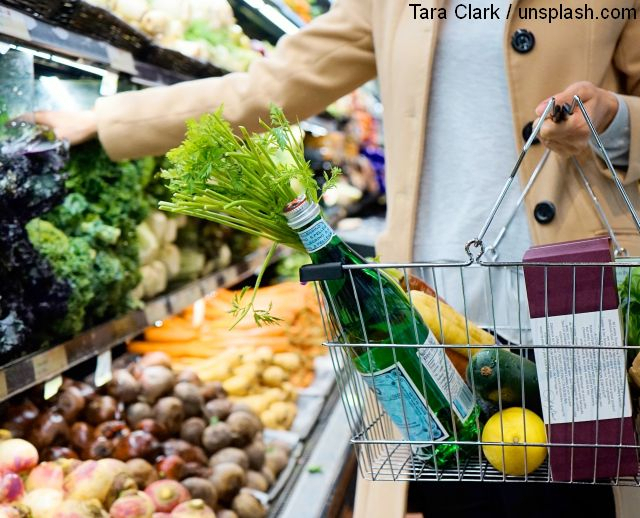Cheaper basic foodstuffs
The government of Romania is working on legislation to cap mark-ups

Sorin Iordan, 28.06.2023, 13:50
Romania is the EU member state with the lowest food and soft drinks
prices in 2022, according to the European Statistics Office, which says such
products were nearly 30% below the EU average.
However, Romania was also at the bottom of the list in terms of
minimum wages, with EUR 515 per month, ahead of Bulgaria and Latvia alone, out
of the 21 member states that use a whole-economy minimum wage indicator. Also,
the annual inflation rate in Romania was 12.2% in March, as against the EU
average of 8.3%.
This, among other things, explains why Romania ranked 14 in the EU by
living standards measured as actual individual consumption, with figures
standing at 88% of the bloc’s average.
In this context, the government is working on legislation to cap
mark-ups so as to reduce the shelf price of basic foodstuffs. The decision was
made after the option of cutting down VAT for foodstuffs, as suggested by the
finance minister Marcel Boloş, was dismissed by PM Marcel Ciolacu. Here is his
explanation:
TRACK Past experience shows
that cutting down the VAT led to lower prices for a very limited period, to smaller
revenues to the state budget, and prices were back in two weeks’ time anyway.
So it didn’t work. What I’m talking about is not capping prices, but rather an
entire system and scheme applying on the whole supply chain, and I will present
this scheme to the Cabinet.
The measure the PM mentioned will be introduced under an emergency
order whose draft has been posted on the website of the Agriculture Ministry. The
document caps the mark-ups used by major chain stores for as many as 14 basic
foodstuffs, including bread, milk, yogurt, cornflower, sunflower oil, eggs,
meat and vegetables.
Processers will also have to draw up cost statements specifying
overheads and direct costs, and only then will they be able to add a maximum
20% mark-up. In turn, distributors will be able to add a maximum 5% margin, and
supermarkets a maximum 20%. The scheme will also apply to imported products.
The draft order will be discussed in Thursday’s government meeting
and will take effect after publication in the Official Journal. The Competition
Council and tax authorities will conduct inspections to ensure that the new
legislation is complied with. Consumers are expected to see the effects of the
measure as of 1 August. (AMP)






























